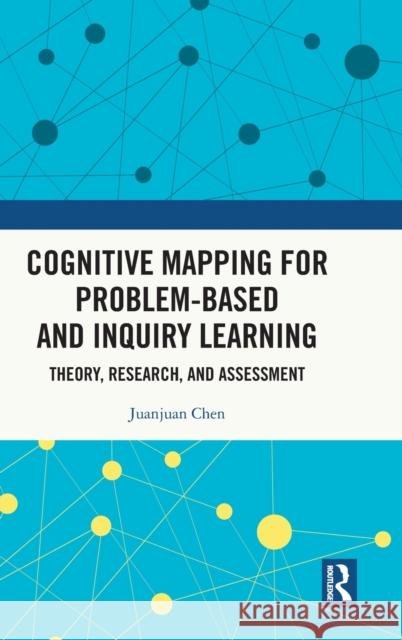Cognitive Mapping for Problem-Based and Inquiry Learning: Theory, Research, and Assessment » książka
topmenu
Cognitive Mapping for Problem-Based and Inquiry Learning: Theory, Research, and Assessment
ISBN-13: 9781032303482 / Angielski / Twarda / 2022 / 208 str.
Cognitive Mapping for Problem-Based and Inquiry Learning: Theory, Research, and Assessment
ISBN-13: 9781032303482 / Angielski / Twarda / 2022 / 208 str.
cena 756,05
(netto: 720,05 VAT: 5%)
Najniższa cena z 30 dni: 680,04
(netto: 720,05 VAT: 5%)
Najniższa cena z 30 dni: 680,04
Termin realizacji zamówienia:
ok. 16-18 dni roboczych.
ok. 16-18 dni roboczych.
Darmowa dostawa!
This book studies how to improve problem-based and inquiry-based learning by incorporating cognitive maps.











